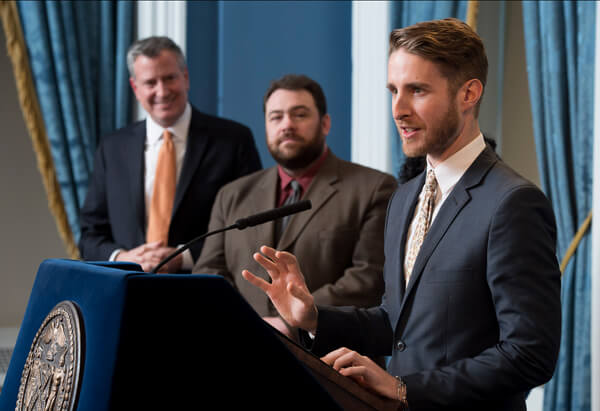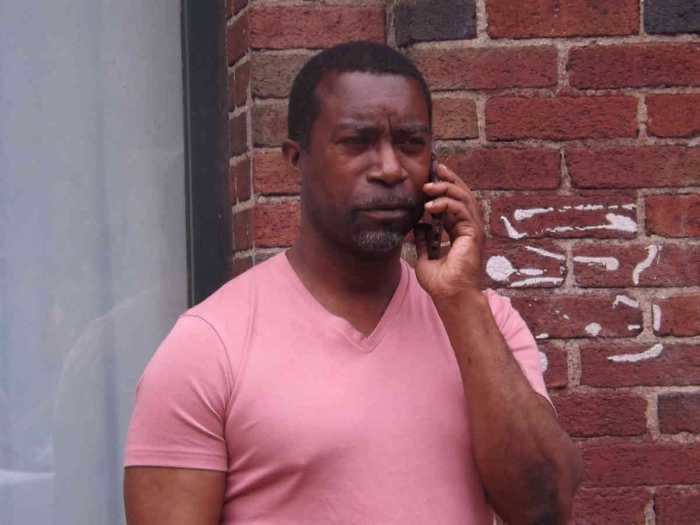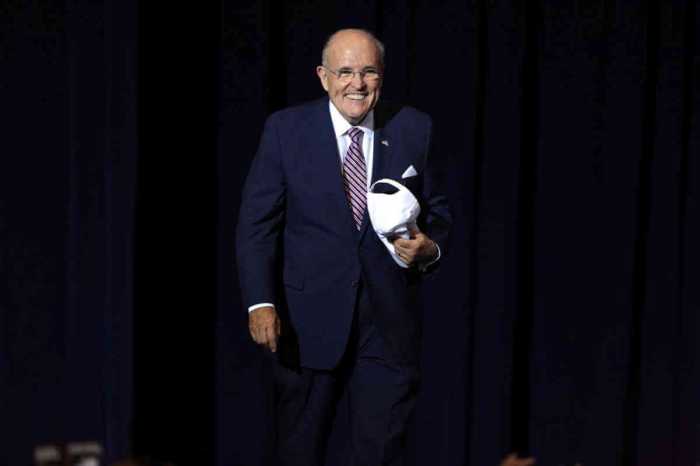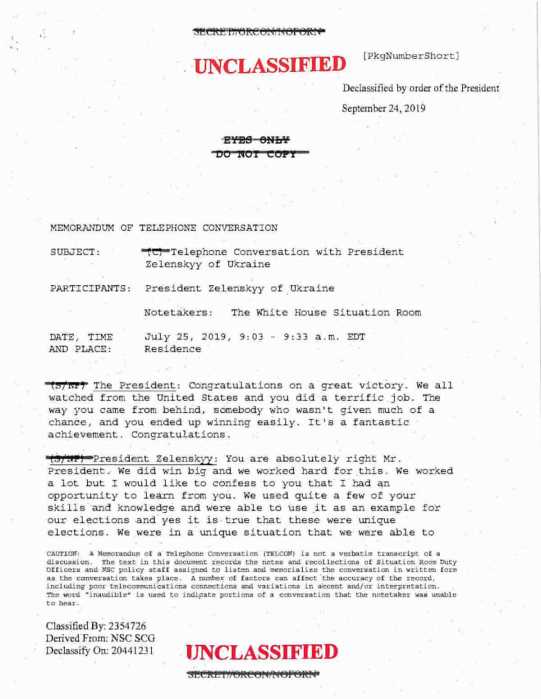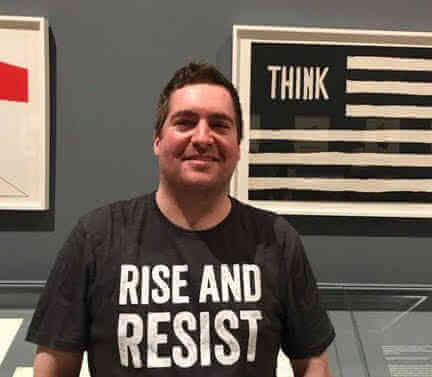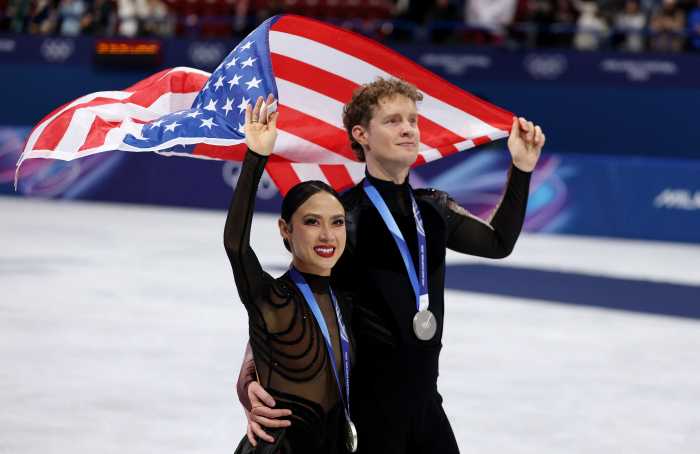As David Dinkins, the last Democrat to run City Hall, was taking over in 1990, the chatter among queer politicos was who would be his liaison to the community. The position was first created by Mayor Ed Koch, also a Democrat, and held by Lee Hudson for six years by the time Dinkins won the mayoralty in 1989.
There was significant competition for the job. To some acclaim, some consternation, and some resentment, Dinkins selected Marjorie Hill, who was overqualified for the liaison position. Hill later ran large units at the city’s Health & Hospitals Corporation and the health department and eventually took the helm at Gay Men’s Health Crisis, the AIDS services organization. At that time, other Democratic officeholders also had gay liaisons.
Rudy Giuliani, the Republican who took over City Hall in 1994, abolished the constituent offices including the gay liaison position, which caused a brief outcry.
As political clubs press case for restoring liaison posts, de Blasio’s out aides go largely unremarked
In 2014, Mayor Bill de Blasio, the first Democrat to hold City Hall in 20 years, has not named a liaison, but he did appoint Kyle Kimball to head the city’s Economic Development Corporation. Kimball married Douglas Hecklinger in 2005, according to an announcement in Plymouth Magazine, a publication of Plymouth State University. Kimball was first named to the agency by Mayor Michael Bloomberg.
Emma Wolfe, an out lesbian, is de Blasio’s director of intergovernmental affairs and Wiley Norvell, who is also out, is his deputy press secretary. There are other senior appointees in the de Blasio administration who are known to be gay or lesbian, but all of these people were introduced with no attention paid to their sexual orientation.
In 2014, it appears that the community expects that qualified queers will get jobs and that they get those jobs is so unremarkable that de Blasio does not need to announce their sexual orientation when they are appointed to the administration.
“We’ve become normalized, that is over time we’ve become increasingly integrated into the Democratic coalition in New York City and into the more general political world,” said Ken Sherrill, a professor of political science at Hunter College. “For an administration so publicly committed to diversity and outreach, they don’t appear to celebrate it much when they do it. I guess that’s good.”
It is a striking evolution from 20 years ago that the community –– with one notable exception –– is not demanding that openly gay, lesbian, bisexual, or transgender people be appointed to jobs in New York City government.
“They aren’t hiring token gays because there have to be gay people in the administration,” Sherrill said. “They’re hiring people who have careers that qualified them for these positions and never felt the need to be fully closeted or fully out.
But on January 6, the Lambda Independent Democrats, the Stonewall Democrats of New York City, and the Gay & Lesbian Democratic Club of Queens published an open letter to de Blasio asking, among other demands, that he create “LGBT Liaison positions within a number of key city agencies and the Mayor’s office.”
Some might suggest that the jobs the three LGBT political clubs are seeking are little more than patronage. Michael J. Mallon, president of the Queens club, disagreed.
“I believe that these liaisons can be very effective tools for the administration provided they hire people who have the necessary knowledge and who are willing to work hard,” he said
As of January 21, the de Blasio administration had not responded to the letter.
Without commenting on the request made by the political clubs, Sherrill said that anyone in the community who was looking for a patronage position was at a disadvantage because they are competing with skilled LGBT people who are routinely placed in senior positions in city government.
“It’s bad for people who are looking for patronage jobs, but there is an increasing pool of out people who are highly qualified,” he said.
That trend was also evident in Bloomberg’s City Hall. In addition to Kimball, Bloomberg hired Anthony Crowell as his counsel and John Feinblatt as his criminal justice coordinator. As with the de Blasio administration, these gay appointees had easy access to the mayor. Bloomberg presided over Feinblatt’s 2011 wedding to Jonathan Mintz, who headed the city’s consumer affairs department under Bloomberg.
For some, this close proximity to power for the LGBT community is not without its downside. Increasingly, the community relies on the belief that having a voice in government means that government will respond as the community wants. That may not happen.
“There are many issues that are not getting enough concern, for example, sex and AIDS curricula, housing,” said William Dobbs, a gay civil libertarian. “When all the community business gets done during the day and in offices, it’s hard for anybody to get in on the deal and even understand what’s happening.”
For Dobbs, the reliance on appointed and elected LGBT officials means they set the agenda, not the broader community and that may not be to the community’s benefit.
“With LGBT matters, there’s no New York City agenda and nearly all community business is done by elected and appointed officials and LGBT non-profit organizations,” Dobbs said. “The grassroots, ordinary LGBT people, have gotten pushed aside, with many believing that everything is fine with politicians taking care of it.”

